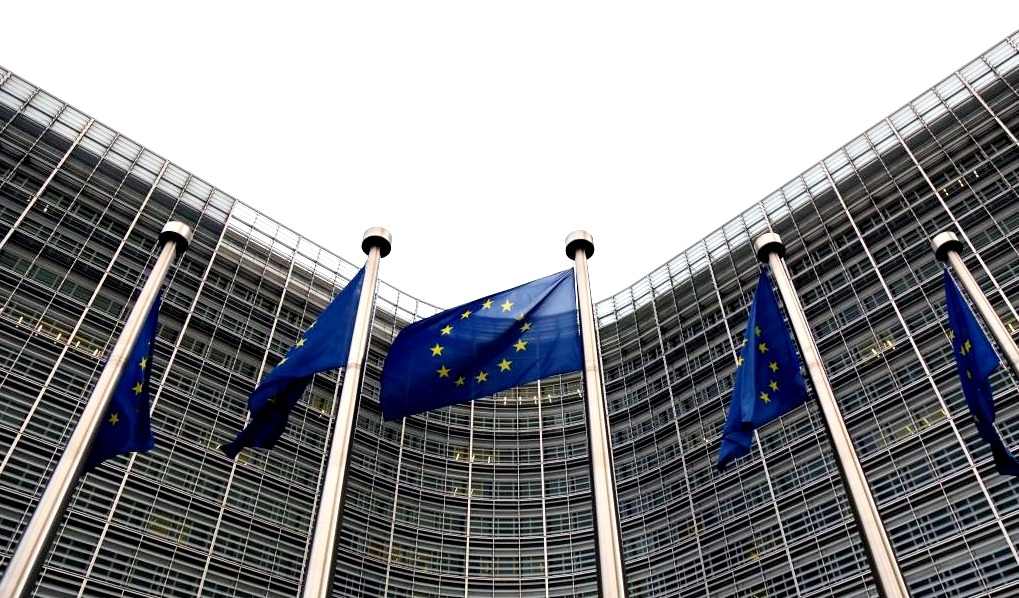The European Parliament passed last year a resolution urging the European Commission to lay the groundwork for a way out…reports Asian Lite News
In a notable U-turn, the European Commission has proposed a collective and coordinated exit of all 27 member states from the controversial Energy Charter Treaty (ECT), an obscure international agreement that protects energy investors from unexpected circumstances that might hurt their profit expectations.
With 53 signatories, it is considered the most litigated investment deal in the world.
The policy change comes after the European Commission’s proposed reform to modernise the treaty collapsed in late November due to the opposition of Germany, France, Spain and the Netherlands, who had previously announced plans to unilaterally withdraw.
The blocking minority left the reform process in a no man’s land, with more countries, such as Poland, Luxembourg, Belgium and Austria, voicing similar plans to pull out.
The European Parliament passed last year a resolution urging the European Commission to lay the groundwork for a way out.
In the end, the executive, who had for months defended member states were better inside a revised ECT rather than out, appears to have given in to the growing opposition.
“Despite the Commission’s successful efforts to negotiate a modernised Energy Charter Treaty in line with the negotiating mandate given to us by the member states, there is no qualified majority in the Council to adopt the modernised Treaty,” a European Commission spokesperson said.
“An unmodernised ECT is not in line with the EU’s policy on investment protection or the European Green Deal. Given that it is not feasible to secure a majority in Council to adopt the modernised ECT, we consider that the EU, Euratom and member states should carry out a coordinated withdrawal from the ECT.”
The executive presented governments with a roadmap on how to proceed with a collective withdrawal on Tuesday afternoon. No further details on a possible timeline were provided.
Spain, one of the agreement’s leading detractors, openly welcomed the Commission’s about-face, saying it represented the acceptance of a common European exit as “the only possible solution.”
The shift “opens the path to decide the best way to abandon the Energy Charter Treaty,” said a Spanish government official.
Signed in Lisbon in December 1994, the ECT was designed to promote cross-border cooperation in the energy sector between the two sides of the former Iron Curtain.
The treaty offered extra guarantees to Western investors that were looking to do business in former Soviet states, which were then transitioning towards a model of market capitalism and had plenty of fossil resources awaiting exploitation.
Under the ECT, investors were protected against discriminatory access, expropriation, nationalisation, breaches of contract and other unexpected circumstances that could impact their profit expectations.
The agreement grew over time and today has 53 signatories, including the European Union. Major energy exporters, like the United States, Saudi Arabia and Russia, are not bound by the deal.
The treaty covers the main aspects of trade in energy goods, investment, transit and efficiency.
One key provision, however, has become the source of intense criticism: a private, behind-the-scenes arbitration system with legally-binding rulings.
This arbitration allows investors and companies to sue governments and claim compensation over policy changes, such as net-zero goals, that threaten their business ventures and revenues.
ALSO READ-Anti-corruption operation sends shockwave through Brussels

